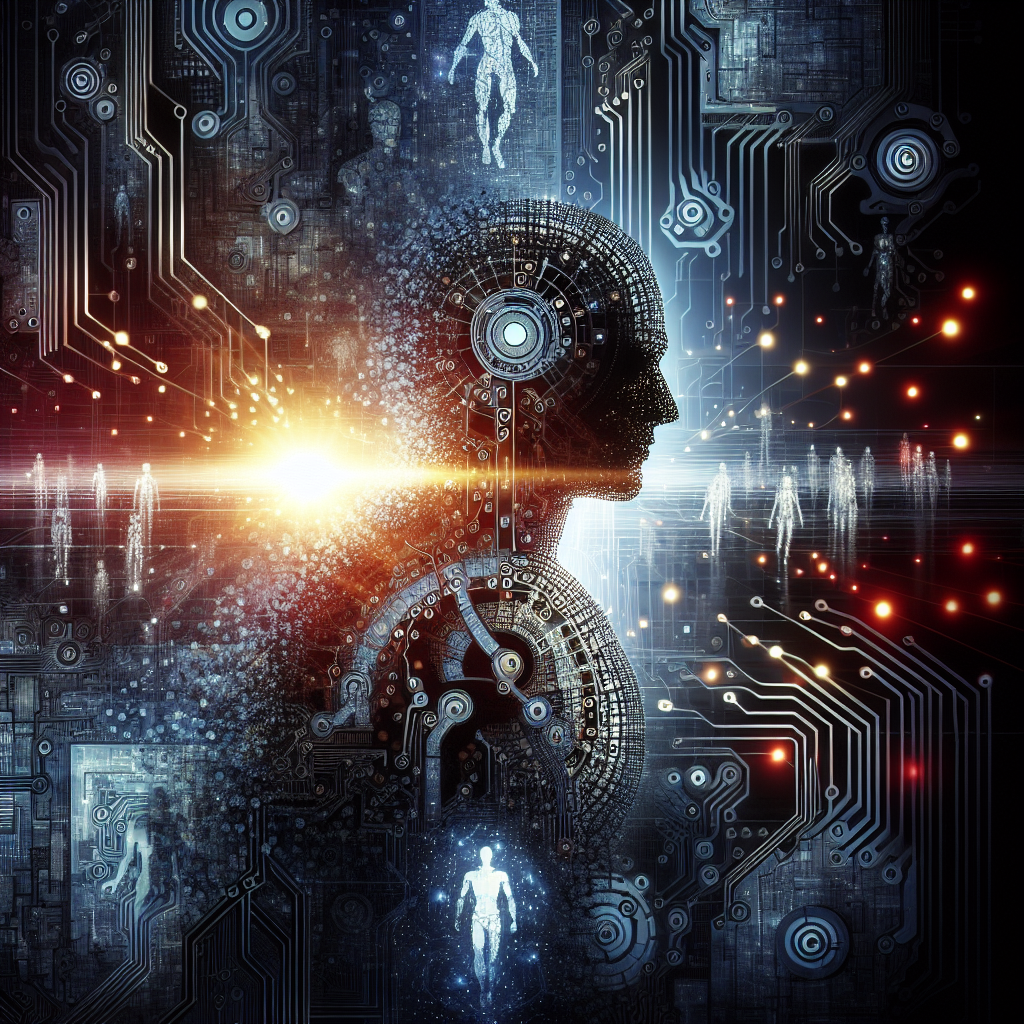From Sci-Fi to Reality: How Close Are We to Achieving True Artificial General Intelligence?
Artificial General Intelligence (AGI) has long been a staple of science fiction, from HAL 9000 in 2001: A Space Odyssey to Skynet in the Terminator series. But how close are we to actually achieving true AGI in reality? In this article, we will explore the current state of AI technology, the challenges that need to be overcome, and the potential implications of achieving AGI.
What is Artificial General Intelligence?
Artificial General Intelligence refers to AI systems that possess the ability to understand, learn, and apply knowledge in a wide range of tasks, similar to the capabilities of a human being. Unlike narrow AI, which is designed to perform specific tasks, AGI would have the capacity to adapt to new situations, learn from experience, and solve complex problems without human intervention.
The concept of AGI has been a long-standing goal in the field of artificial intelligence, with researchers and scientists working to develop systems that can mimic the cognitive abilities of humans. While significant progress has been made in AI research over the past few decades, achieving true AGI still remains a daunting challenge.
Current State of AI Technology
The current state of AI technology can be divided into two main categories: narrow AI and general AI. Narrow AI, also known as weak AI, is designed to perform specific tasks or functions, such as image recognition, language translation, or playing games like chess or Go. These systems are highly specialized and excel at their designated tasks, but lack the ability to generalize their knowledge to new situations.
On the other hand, general AI aims to replicate the cognitive abilities of humans, such as reasoning, problem-solving, and learning. While narrow AI has seen significant advancements in recent years, general AI remains a distant goal due to the complexity and unpredictability of human intelligence.
One of the key challenges in developing AGI is the lack of a unified theory of intelligence. Human intelligence is a multifaceted and complex phenomenon that involves a wide range of cognitive processes, from perception and reasoning to emotion and creativity. Replicating these abilities in a machine requires a deep understanding of how the human brain works, as well as the development of novel algorithms and architectures.
Another major obstacle in achieving AGI is the issue of ethical and societal implications. The prospect of creating machines that are as intelligent as humans raises a host of ethical dilemmas, such as the potential for AI to surpass human intelligence, the impact on the job market, and the risks of misuse or abuse of AI technology.
Implications of Achieving AGI
The development of true AGI has the potential to revolutionize virtually every aspect of human society, from healthcare and education to transportation and entertainment. AGI could lead to breakthroughs in medical research, personalized education, and autonomous vehicles, as well as new opportunities for creativity and innovation.
However, the advent of AGI also raises concerns about the impact on the economy, the job market, and the distribution of wealth. As AI systems become more capable and autonomous, there is a risk of widespread job displacement and income inequality, as well as the potential for AI to outperform humans in a wide range of tasks.
Furthermore, the ethical implications of AGI are profound, with questions about the rights and responsibilities of intelligent machines, the potential for bias and discrimination in AI algorithms, and the risks of unintended consequences or unforeseen behaviors. Ensuring that AGI is developed and deployed in a responsible and ethical manner will be crucial to harnessing its potential benefits while mitigating its risks.
FAQs
Q: How close are we to achieving AGI?
A: While significant progress has been made in AI research, true AGI remains a distant goal. Researchers continue to work on developing systems that can mimic the cognitive abilities of humans, but many technical and ethical challenges need to be overcome before AGI can be realized.
Q: What are the key challenges in developing AGI?
A: Some of the key challenges in achieving AGI include the lack of a unified theory of intelligence, the complexity of human cognition, and the ethical implications of creating machines that are as intelligent as humans.
Q: What are the potential implications of achieving AGI?
A: The development of AGI has the potential to revolutionize virtually every aspect of human society, from healthcare and education to transportation and entertainment. However, there are also concerns about the impact on the economy, the job market, and the ethical and societal implications of AI technology.
In conclusion, achieving true Artificial General Intelligence remains a daunting challenge, with many technical, ethical, and societal implications to consider. While significant progress has been made in AI research, there is still much work to be done before AGI can be realized. By addressing these challenges in a responsible and ethical manner, we can harness the potential benefits of AGI while mitigating its risks.

